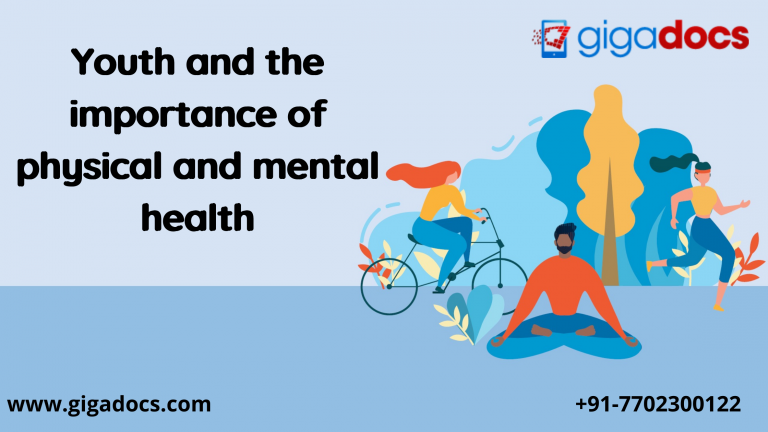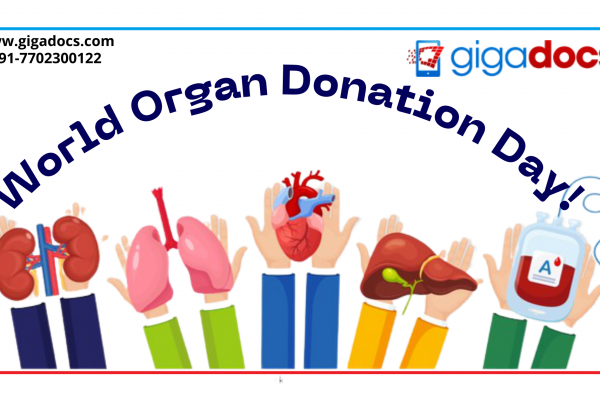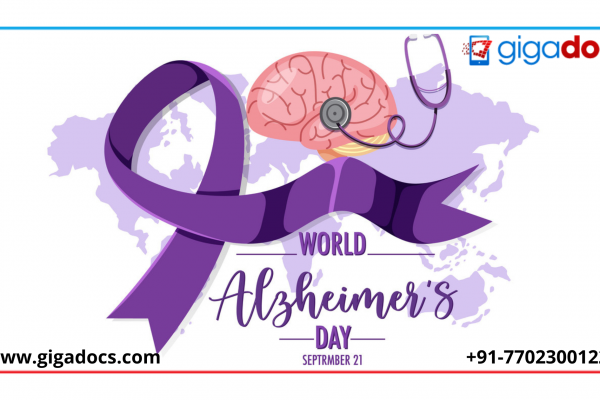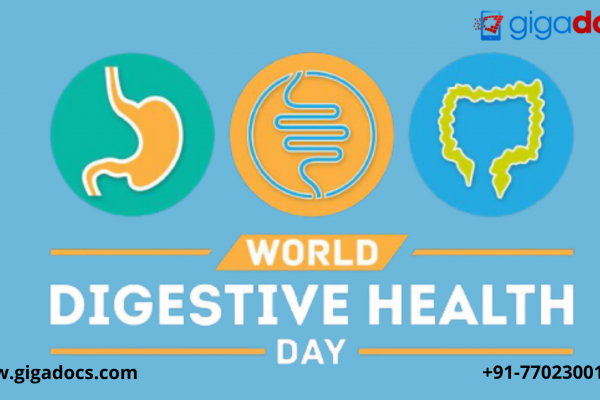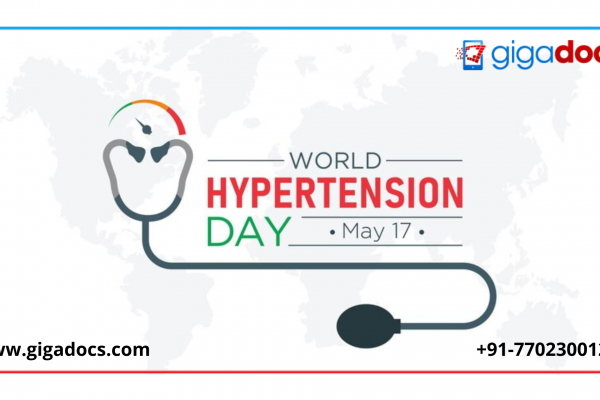The most essential and crucial portion of any nation’s workforce is its youth. It is believed that investing in education, wellness, and rights could lead to tremendous socioeconomic development with a large youth population. No wonder today’s youth will be innovators, creators, builders, and leaders of tomorrow.
There are approximately 1.8 billion adolescents and young people between the ages of 10 and 24 in the world today. Investing in their health and education can change their lives and positively impact their economy and society. India is now one of the world’s most young countries, with over 62 percent of its working-age (15–59 years) and over 54 percent of its total people below twenty-five. The average age of the Indian population is expected to be 20 in 2020, compared to 40 in the US, 46 in Europe, and 47 in Japan. This population advantage gives an advantage over other nations when we speak of demographic dividends. Today’s youth are becoming increasingly restless, working hard to close the gaps.
Youngsters Health and Nutrition
Following are the main health problems that adolescents face:
- Injuries and Wounds
Adolescents are very much susceptible to unintentional injuries. Traffic Accidents have accounted for countless lives in the previous years. Unfortunately, many of them were just innocent pedestrians and cyclists. As a way forward, we as responsible citizens need adherence to road safety laws that strengthen road laws.
- Violence
Interpersonal violence accounts for nearly one-third of all adolescent male deaths in low- and middle-income countries globally. Interpersonal brutality is among the most significant cause of death among the youth worldwide. Its importance varies significantly by region of the world.
- Mental well-being
There are many determinants to juvenile well-being and mental health. Violence, exclusion, living in sub-humanitarian and fragile settings can add to one’s probability of developing mental health problems. Failure to address these would mean an invite to mental health consequences that last into adulthood, affecting physical and psychological health and restricting opportunities to live fulfilling lives as grown-ups.
- Nutritional deficiencies
Iron deficiency anemia affects youth, especially female youth. Iron and folic acid supplementation is a viable solution that promotes health before adolescents become parents. Besides, regular hygiene is the need of the hour that prevents micronutrient deficiencies.
Healthy eating habits formed in adolescence lay the groundwork for good health in adulthood. Reduced marketing of foods high in saturated fats, trans fats, free sugars, or salt and increased access to healthy foods is vital for everyone, especially for children and adolescents.
- Obesity and malnutrition
Many boys and girls in developing countries enter adolescence malnourished, putting them at risk of disease and premature death. On the other end of the spectrum, the proportion of adolescents who are overweight or obese is growing in the middle and high-income countries. Diarrhea, lower respiratory tract infections (pneumonia), and meningitis are the top three causes of adolescent mortality.
- Physical exercise
Adolescents benefit greatly from physical activity in various aspects such as cardiorespiratory health, muscular fitness, bone health, maintaining healthy body weight, and psychosocial & Mental health. The World Health Organization recommends that adolescents should engage in at least 60 minutes of moderate- to vigorous-intensity physical activity per day, including play, games, sports, and exercise (such as cycling or walking) or physical education.
Calories in a Balanced Diet
Human beings require different amounts of calories to be active and maintain a healthy weight. The number of calories you need depends on whether you are male or female, your genes, age, height & weight, whether you are still growing, and how active you are, which may vary from day to day.
Controlling how much and what types of food you eat and the beverages you consume is part of healthy eating. Youth must supplement their diet with fruits, vegetables, fat-free or low-fat dairy foods, whole grains, low-fat protein foods against choices that are high in sugar, salt, and unhealthy fats.
Fruits and Vegetables
Half of your plate should be fruits and vegetables. Dark green, red, and orange vegetables are high in nutrients like vitamin C, calcium, and fiber. Adding tomato and spinach or any other available greens to your sandwich is a simple way to increase the number of vegetables in your meal.
Grains
Instead of refined grains, white bread, and white rice, choose whole grains such as whole-wheat bread, brown rice, oatmeal, and whole-grain cereal.
Protein
Increase your protein intake by eating low-fat or lean meats like turkey or chicken, as well as other protein-rich foods like seafood, egg whites, beans, nuts, and tofu.
Dairy
Build strong bones by drinking fat-free or low-fat milk. If you can’t digest lactose (the sugar in milk that can cause stomach pain or gas), opt for lactose-free milk or calcium-fortified soy milk. Youth can try taking low-fat or fat-free yogurt as an integral of their balanced diet.
Fats
Fat is an essential component of your diet. Fat aids in the growth and development of your body, the health of your skin and hair. However, fats have more calories per gram than protein or carbohydrates, and some are unhealthy. Some fats, such as plant oils liquid at room temperature, are better than others. Avocados, olives, nuts, seeds, and seafood such as salmon and tuna fish are high in healthy oils.
Say No to Sugar Substitutes
Fruit is naturally sweet. Other foods, such as ice cream and baked desserts, and some beverages, contain added sugars to enhance their sweetness. These sugars contribute calories but no vitamins or fiber. Consume no more than 10% of your daily calories from added sugars in food and beverages. Instead of a candy bar, choose an apple or a banana.
Get Enough Rest
It can be challenging to get enough sleep, especially if you have a job, help care for younger brothers or sisters, or are involved in other activities after school. Getting enough sleep, like eating healthy and getting enough physical activity, is essential for staying healthy. To perform well in school, work and drive safely, and fight infection, you must get enough sleep. You may become moody and irritable if you do not get enough sleep. While more research is needed, some studies have found that a lack of sleep may contribute to weight gain.
Caring your Health with Gigadocs
The role of youth in nation-building is critical. They are problem solvers who make a positive difference in the lives of other young people and the nation, and they are highly ambitious. They can forge their own identity while also propelling the country forward. However, they will be unable to do so without the assistance of the family, community, government, and other young people.
Gigadocs telehealth offers digital appointments, dietary tips, and healthcare blogs in one app. Gigadocs offers a vaccination schedule to analyze their youngsters’ health and vaccine status for young parents. Gigadocs also offers fantastic capital-free self-employment opportunities. Reach out to us to know more.
Download the Gigadocs app from-
- IOS App – apple.co/2W2iG4V
- Android App – bit.ly/33AQoRC
To know more and schedule a Virtual Consultation demo, Email at info@gigadocs.com
